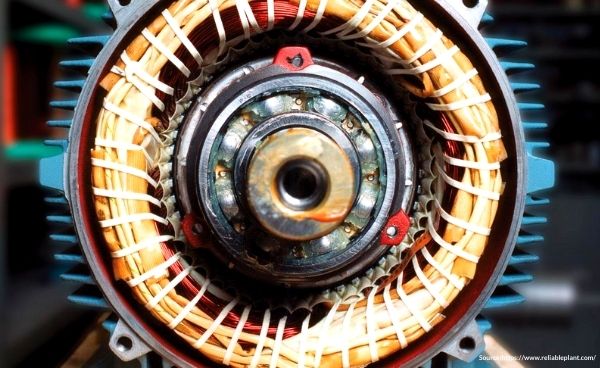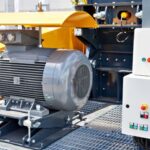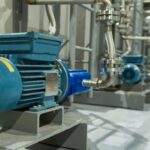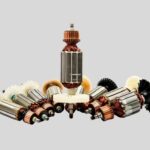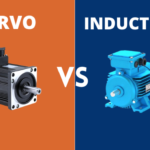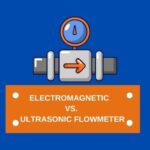How to improve performance and reliability of induction motor?
Maintaining Motor Performance and Improving Motor Efficiency and reliability is the most critical factor nowadays. There are various different sources of losses in Electric motors such as friction, dissipation of magnetic energy in electric motors, resistance losses, etc. From this, It is clear that lowering motor losses will enhance Electric motor efficiency.
According to some studies more than 40% of generated electricity is consumed by industry, and two-thirds of that energy is used by electric motors.
One thing you need to keep in mind is to continuously have your motor monitored and also keep a record of your motor age, the output power provided as well as the rating of the motor, which can be used to calculate the motor efficiency over time.
In addition, you need to keep monitor other parameter like voltage unbalance, current unbalance, and power factor etc. It is clear that you want a Power factor close to 100%.
How to make a motor more efficient
Some of the methods that could be used to improving electric motor efficiency include the following:
1) Motor Stator
Motor stators are the major reasons for losses. It is reported that they could account for approximately 30% or even higher percentages of the entire motor losses. In order to reduce their corresponding electrical resistance losses, you need to keep the mass of stator winding at higher values.
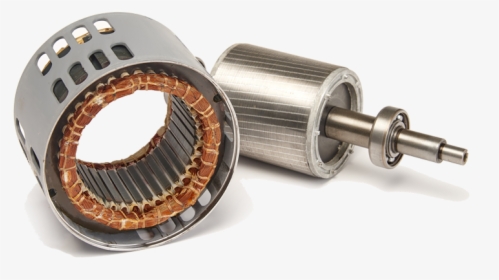
2) Magnetic hysteresis
Another very important cause of motor losses is the magnetic hysteresis that can be reduced by using higher quality material such as silicon-containing steels that could remove the core magnetic losses. Increase of lamination length while decreasing its thickness could also lower magnetic flux density and hence core losses too.
3) Slip of motor
Slip is the difference between RPM of the magnetic field and the actual RPM of the rotor and shaft at a given load. in order to lower slip, which means they need to increase the conductivity of the rotor.
This can be done with the help of highly conductive material such as die case copper for the rotor.
4) Cooling of motor
You need to make sure the cooling system performance of the motor has not been compromised. In order to do that, you may periodically clean the motor surroundings and check for possible air blockage flowing onto its frame and corresponding part.
Speaking of the motor frame, it should be in good condition so that not only it would keep the motor at its place, but also guarantee a proper heat transfer from the inside to the outside surface where it is cooled by the air.
5) Reduce Eddy Current losses
Eddy currents losses will be minimized by using better insulation between the lamination or the sheets.
6) Using Proper Lubrication inside Motor
Lubrication of the motor is another important factor. Make sure not to use different types of grease at the same time, and keep an eye on the lubrication intervals based on the installed rated speed of the Electric motor, bearing size, type of grease, and the temperature rise.
Conclusion:
By using high quality material, cutting-edge motor designs, and manufacturing in high-precision automated factories with testing automation, losses can be minimized.
Testing of motors during manufacturing is a very important part to maintain the performance & reliability of motors.
Aarohi developed a motor type test panel as per IEC 60034-2-1: 2014 to maintain performance & reliability of induction motors.
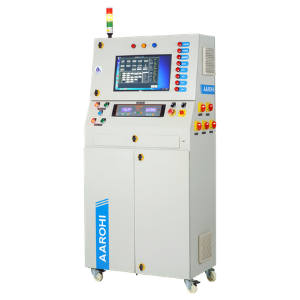
| FEATURES | BENEFIT |
| Automatic data logging facility | Minimize human efforts & errors |
| Model/ Motor wise report generation | Provide production data analytics |
| Client server-based software | Anyone can access easily it on a network |
| Operator friendly operation | Increases work efficiency |
| Aesthetic design of panel | Create a good Impression on visitors |
| Software with user management | Avoid unauthorized usage. |

